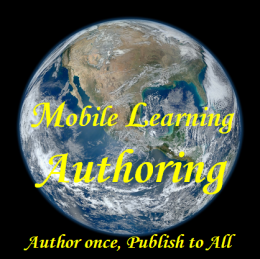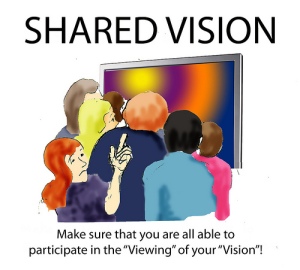In this digital age with overwhelming information easily available, just to know and recite some knowledge is meaningless. Abundant educationl resources online also make self-learning easy, that enables personalized and differentiated learning. So, even before higher-ed, the following elements in education are highly needed.
- Students should be well taught how to search and research on internet
- Students will need engaging technologies in collaborative, inquiry-based learning environments with teachers who are willing and able to use technology’s power to assist them in transforming knowledge and skills into products, solutions, and new information
- Learning is a process that should engage students through the following cycle of steps by continuous interaction
The following statement is from “Creating a New Vision for Public Education in Texas”, respectfully offered by superintendent participants in the Public Education Visioning Institute.
About this new digital learning environment, we hold that ……
- The technologies that make this new digital world possible must be viewed as opportunities and tools that can help us in educating and socializing the young both in and outside the school.
- The virtual social-network connected and tech-savvy generation will not tolerate the one-size-fits-all mass production structures that limit learning to particular times and places and conventions.
- The potential of learning anywhere, anytime, “any path, any pace” must be embraced. Future learning will be a combination of learning at school, virtual learning, learning at home, and in the community.
- Schools must reach out to those who would educate at home or in small networks and welcome their involvement in the school community.
- Virtual learning should become the norm in every community to meet the needs of students who prefer such an environment.
- The secondary school credit system should be expanded beyond school walls so that any place/any time learning, including virtual learning, are equally valued and supported.
- We (families, schools, churches, youth organizations, etc.) cannot control access to information by the young and recognize that once existing boundaries no longer exist.
- Children and youth need role models and adult guidance and connections even more than in the pre-digital era, but the role of adults is different, becoming one that is more about facilitating understanding, raising questions, and designing engaging tasks that produce learning than lecturing and instructing.
- School leaders, including board members, must work to bring the public into conversations that are needed not just to support these transformations but to help shape them and create ownership.
About organizational transformation for 21st century, we hold that ……
- Excellence emanates from a shared commitment to values and standards, high levels of engagement, and strong leadership at levels functioning within an accountability system that inspires.
- The teacher’s most important role is to be a designer of engaging experiences for students, supporting students in their work by incorporating more traditional roles as planner, presenter, instructor, and performer.
- The overall quality of the present teaching force is excellent, and most teachers are capable and willing to take on their new designer role if their sense of moral purpose for entering teaching is honored, and if they are provided relevant developmental opportunities and a climate and conditions that support them.
- To attempt to incentivize teachers with material rewards for improving test scores is an insult to teachers and infers that improvements in learning can be measured with precision. Such pay schemes should not be mandated by the state but left to the discretion of local districts.
- The costly loss of so many teachers from the profession in the first three to five years of employment is likely more a function of the social systems and conditions that dominate most schools than a lack of material rewards.
- Leadership development at all levels (teachers, included) must become a primary means of building needed capacities to function in required new roles.
- Students are in charge of determining where their attention, effort, and commitment go, and their access to information gives them even more power; hence, they must be treated accordingly.
- The variation in student learning is as much a function of student effort as it is of ability, meaning that we must incorporate into the tasks we design and assign to students those qualities that will increase engagement.
- Profound learning (owning the knowledge) as opposed to superficial learning (short-term memory) comes more from engagement and commitment than from various forms of compliance, coercion, sanctions, or rewards.
- The use of too tightly monitored curriculum and a scripted approach to teaching to ensure coverage of the material for the test instead of broad understandings of connected content is a detriment to profound learning.
- The district is responsible for creating the conditions in which student commitment and engagement become central and for attracting principals and teachers who can learn to use appropriate frameworks, protocols, processes, assessments, and resources in different ways in a collaborative setting.
- Operating and social systems exist in all organizations including schools. Transforming these systems is the only way to transform schools into the type of organization needed.
A right vision shared in all educators is the solid foundation for every successful education institute.
photo credit: Robin Hutton via photo pin cc










Your thoughts?